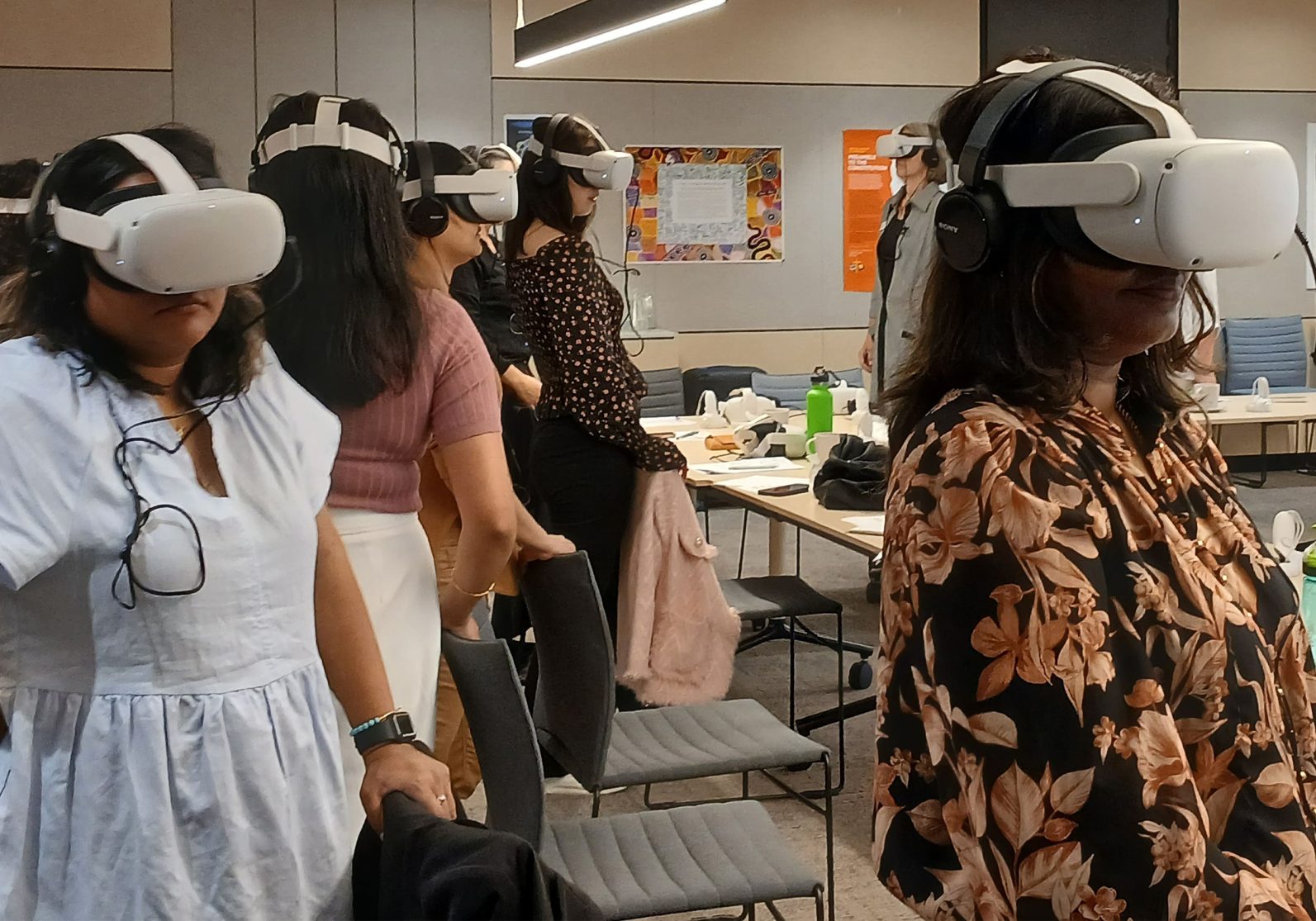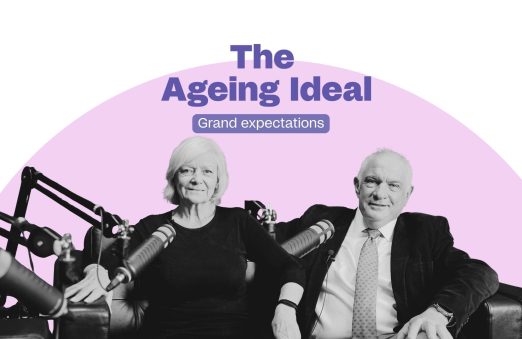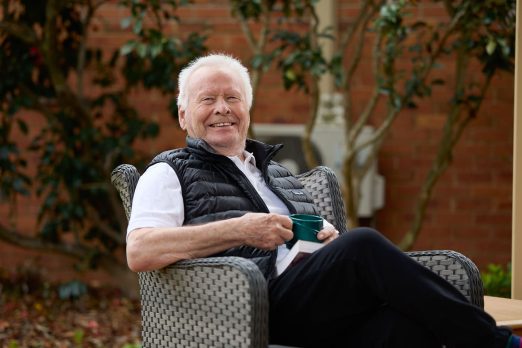News
Education is key

Staff stories
Educating staff is key in the ongoing implementation of the Uniting AgeWell Dementia Framework. This entails implementing the right procedures and offering the right training to all staff across both residential and home care settings.
The pathways to care include dementia friendly environments, lifestyle and psychosocial programs and clinical care.
Mandatory training is undertaken by all staff in learning about the different types of conditions of customers living with dementia. Volunteers are also included in this induction learning.
A dementia learning and development plan that aligns with the new National Dementia Education Standards Framework is well into development.
Uniting AgeWell is heavily investing in comprehensive training and education for care workers in both residential and home care settings.
The care workers program has been developed by the Learning and Development Clinical Nurse Educator team in collaboration with Quality & Risk, and the Operations team.
The topics to be covered by the program were identified through a recent survey completed by care workers across several sample sites and include dementia behaviour management – how to de-escalate a situation.
The inaugural Care Worker Development Program will be delivered as a full-day, face-to-face workshop, incorporating both theoretical knowledge and practical training through scenarios and simulations.
Staff are also able to undertake a free study model into dementia at the University of Tasmania, thanks to Uniting AgeWell’s partnership with the university.
In planning a program of learning for staff to expand their knowledge and capability in supporting people with dementia, Uniting AgeWell offers a variety of training opportunities in evidence-based practice.
Technology offers a unique perspective
Over 200 staff experienced first-hand what many with dementia experience by donning goggles in a virtual reality education training session De-Esc provided by Dementia Australia.
Staff from Uniting AgeWell residential aged care sites in both Victoria and Tasmania as well as employees from three home care sites experienced a range of challenges people with dementia often face.
In the session, staff practice how to respond to behaviour change in a controlled and safe environment. By providing validation techniques, understanding the escalation cycle and learning to identify what may trigger a change in behaviour staff can better support the person with dementia.
Participants gained valuable insight into what the person with dementia may see. Examples included how a patterned carpet can be unsettling and how a black mark on a floor can look like a hole.
Project DREAM
Meanwhile, Project DREAM (Dementia Respite Education and Mentoring) is available to support those employed in caring roles in looking after residents having respite care at our aged care facilities.
It is led by the Wicking Dementia Research and Education Centre in collaboration with Dementia Support Australia. It includes five dementia education modules featuring short videos and information for the care workforce to collaborate and connect directly with Dementia Support coaches that offer in-person or virtual support.








